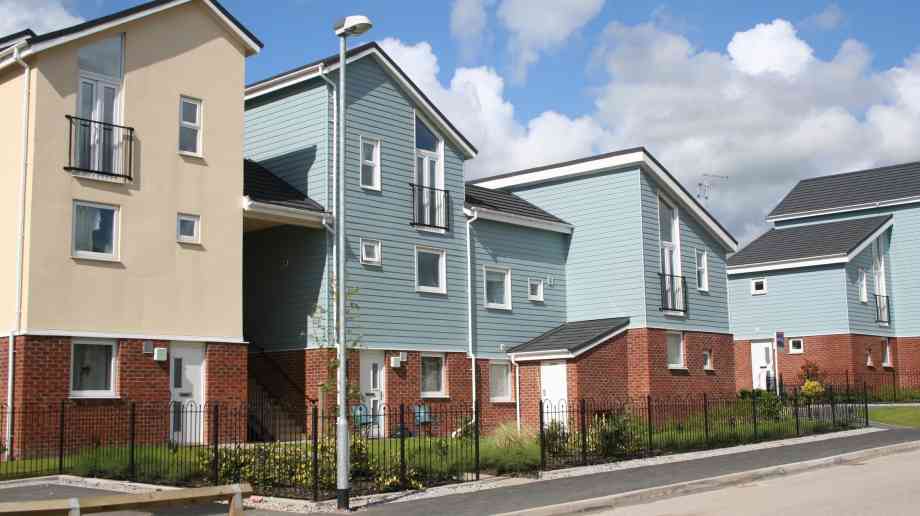Sue Robb of 4Children talks to Julie Laughton and Alison Britton from the Department for Education about the role of childminders in delivering the 30 hours free entitlement.
Housing markets ‘have substantial effects on fertility’

If current housing trends are maintained, fertility may fall even further, a new report warns.
The Adam Smith Institute has published a new report which argues that high house prices prevent a generation of people from having children and delay people starting a family until later in life.
The report shows that although rising house prices increase fertility amongst existing homeowners, they have negative effects amongst renters.
Figures show that between 1996 and 2014 a 10 per cent increase in house prices resulted in a 4.9 per cent decrease in births among renters and a 2.8 per cent increase in births to homeowners.
The Adam Smith Institute predicted that high house prices stopped 157,000 children from being born between 1996 and 2014, and warns that this trend will get worse without Whitehall taking ‘radical action’.
Andrew Sabisky, author of the report, said: “The housing crisis is a well-known immediate economic problem, but this report showcases how it is wrecking the lives of the people of this country, preventing them from having the children they want to have. This private tragedy will, in the long-run, entail massive knock-on costs to public finances.
“Housing market liberalisation is something the government should do anyway, but this report outlines a new set of pressing reasons for it to act.”
Company Focus
Located in Bromley, Japanese Knotweed Eradication Ltd has been providing solutions in the treatment and removal of Japanese Knotweed (Fallopia Japonica) for over a decade. During this time we have mastered a repertoire of methods, from herbicidal treatments to landscaping solutions, tailored to address the unique challenges our clients face with this pervasive weed.
Event Diary
UKREiiF has quickly become a must-attend in the industry calendar for Government departments and local authorities.
The multi-award-winning UK Construction Week (UKCW), is the UK’s biggest trade event for the built environment that connects the whole supply chain to be the catalyst for growth and positive change in the industry.
Supplier Profiles
Geo Energy
At GeoEnergy Design, we're on a mission to disrupt the traditional way heating and cooling ha
Latest Features
Professor Harith Alani, director of the Knowledge Management Institute at the Open University explains how AI can be used for good and bad.
Alex Lawrence, head of health & social care, techUK sets out techUK’s Five Point Plan for CareTech.

















